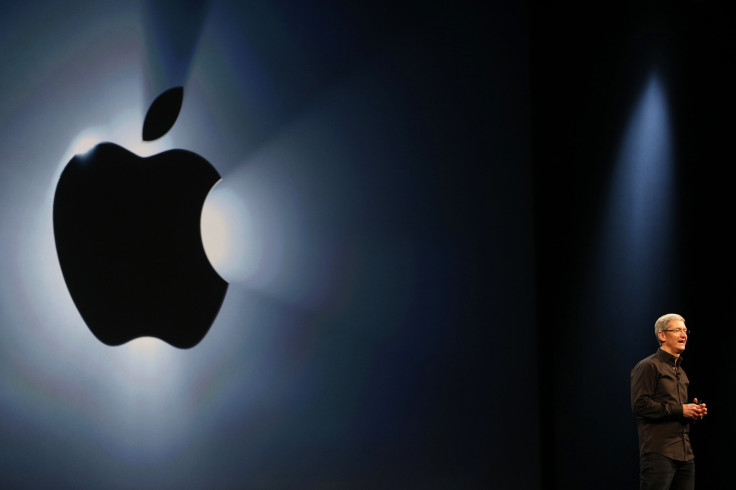Apple's Conflict With Indian Regulator On Privacy Hits Its Expansion Plans

Apple Inc. is currently in a back and forth tussle with the Telecom Regulatory Authority of India over the inclusion of the regulator’s “Do Not Disturb” app in its app store. The anti-spam app is available in the Google Play Store and therefore, many android users have use of it, but Apple claims that the app violates its privacy policy.
The “Do Not Disturb” app allows people to share spam numbers with the regulator, which might not actually be a violation of its privacy policy as the policy itself allows the company to share user data with affiliates and strategic partners. The app only requires a limited, pre-approved level of data sharing.
The app asks only for limited data sharing and that too with user permission.
“Nobody’s asking Apple to violate its privacy policy. It is a ridiculous situation, no company can be allowed to be the guardian of a user’s data. The problem of who controls user data is getting acute and we have to plug the loose ends. This is not the regulator versus Apple, but Apple versus its own users.” Ram Sewak Sharma, chairman of the New Delhi-based telecom regulator told Bloomberg.
Sharma banned Facebook’s Free Basics internet access program earlier this year and told Bloomberg that the regulator wasn’t able to reach a resolution in the six meetings it has held with Apple.
The regulator has called out for public and stakeholder comments on the situation in its consultation paper titled, “Privacy, Security and Ownership of the Data in the Telecom Sector” by Sept. 22.
The issues with Apple might actually result in the passing of new rules regarding data usage in the country, which might become the basis of licensing devices and networks.
In case, Apple’s privacy policy is at odds with these rules, its efforts to expand in the country will run aground. India is one of the biggest smartphone markets in the world — Apple sold 2.5 million handsets in India last year. Earlier this year, the company held talks with the government over setting up manufacturing operations in the country, and its supplier Wistron Corp. has already begun assembling a limited number of the low-end iPhone SE in Bangalore, in the Indian state of Karnataka.
The country is expected to see the sale of one billion smartphones from 2015-2020. Apple actually wants to open retail stores in the country and secure permission to sell refurbished handsets and has also asked the Indian government for many concessions including tax breaks. The Indian government acceded to some of Apple’s demands and removed restrictions on the import of smartphone parts.
But, if the company ends up fighting the regulator, it might actually halt its expansion plans in the country. If the country passes new licensing regulations based on the consultation paper, all of Apple’s previous efforts might prove fruitless, according to Engadget.
This isn’t the first time that Apple has had issues with the authorities. Post the San Bernardino shootings in 2015 when it refused to give the U.S. government access to the terrorist’s iPhone. The law enforcement agencies then went around Apple’s policy and hacked the iPhone using an Israeli firm’s help. This seems to be an even larger matter since Apple’s licensing in India is at stake.
© Copyright IBTimes 2024. All rights reserved.





















